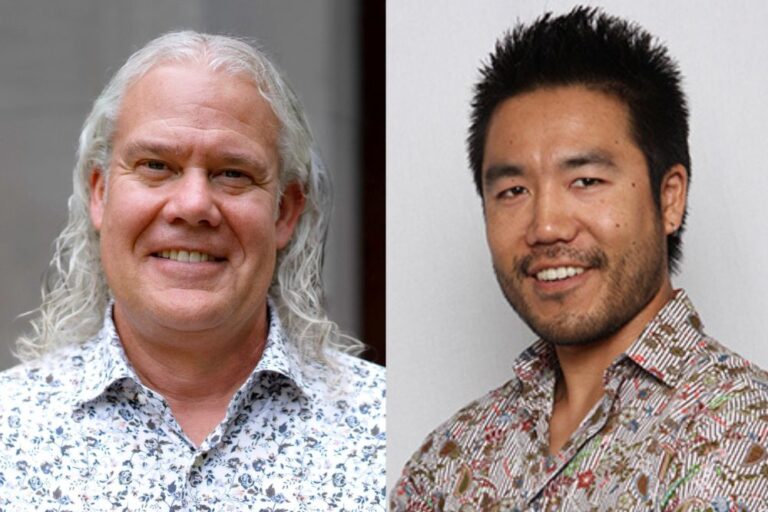The public is invited to “Blurring Boundaries: Arabic Identities Across the Mediterranean and Beyond,” a global perspectives symposium at Michigan State University scheduled for November 1-3.
This is the first time the conference is being held. This free event will delve into the forces of globalization, securitization, and minoritization through the lens of the Arabic language, a language which has been conceived as uniting the Arab world and diaspora alike. But at the same time, it has been burdened recently with the discourse of Islamic extremism, security, and immigration.
“The main purpose of the conference is to reintroduce Arabic as a global language with much historic and contemporary influence on the world,” said Camelia Suleiman, Assistant Professor of Arabic, who is one of the organizers of the symposium. “ Young Americans today grew up after the decisive moment of September 11. I say decisive because this moment determined how the American people view the Middle East and its culture.
“The aim of the conference is to remind the public of the contributions of the Arabic language to world civilization. This also can be tied to the racial struggles of Americans. What we think is ‘we’, against the ‘other’ is never an easy question. I hope that people leave the conference with self-reflections on what ‘we’ think of ‘ourselves’ and the ‘others’. We are all part of one big wonderful humanity and we need to be reminded of that.”

The opening event for the symposium will be a screening of a new film, “Junction 48,” starring Tamer Nafar. Set against a backdrop of the Israeli-Palestinian conflict, “Junction 48” is a love story of two young Palestinians, a rapper and a singer, who make music in their crime-ridden community and Tel Aviv’s hip-hop club scene. The film celebrates music as a force for expression and cultural fusion.
The “Junction 48” screening is scheduled for Wednesday, November 1, at 7:30 p.m. in Wells Hall, Room B119. Marc Bernstein, Director of the Hebrew Program at MSU, will lead a discussion following the film.
The keynote presentation, scheduled for Thursday, November 2, in Wells Hall, Room B342, will be delivered by Salam Diab, Director of Center for Oriental Studies at Grenoble Alpes University in France. The title of the presentation is “Lexicon in the Arabic Press between Archaism and Neologism: The Islamic Lexicon as an Example.” Suleiman also will offer comments following the lecture.
Four different panel discussions are scheduled on November 2 and 3 on the following topics: “Visualizing Arabic,” “Arabic in the Media,” “The Arabic Legacy in Italy,” and “Challenges of Pedagogy and Translation.” Two round table discussions also are planned.
Those planning to attend the conference include students and faculty from the Department of Linguistics and Germanic, Slavic, Asian, and African Languages; Department of Romance and Classical Studies; and Department of English. Also, Global Studies, Citizen Scholar, and Muslim Studies students will be attending as will faculty from both the African and the Asian Studies centers.
The main purpose of the conference is to reintroduce Arabic as a global language with much historic and contemporary influence on the world.
The conference is being held with support from the College of Arts & Letters; Citizen Scholars Program; Department of Linguistics and Germanic, Slavic, Asian, and African Languages; Department of English; Department of Romance and Classical Studies; African Studies Center; Asian Studies Center; Global Studies in the Arts and Humanities; Jewish Studies; Center for Advances Study of International Development; MSU Libraries; MSU Office for Inclusion and Intercultural Initiatives; and the Muslim Studies Program.
For more information on the symposium, see the Blurring Boundaries: Arabic Identities Across the Mediterranean and Beyond” web page.


